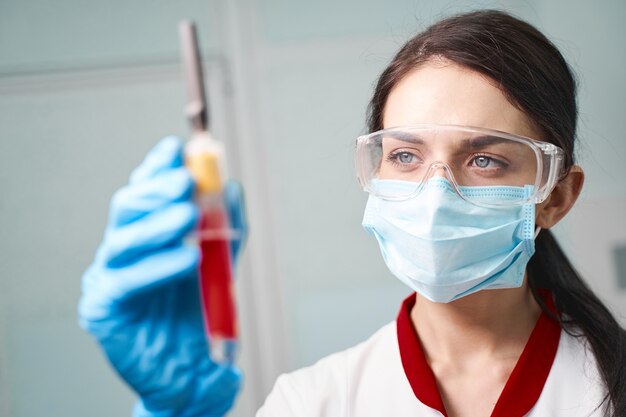How to Become a Pathologist Assistant: Essential Degrees and Certifications
Embarking on a career as a Pathologist Assistant offers a uniquely rewarding path in the medical field, involving critical roles in the dissection and examination of tissues. To pursue this fascinating career, one needs to focus on comprehensive educational and certification pathways. Typically, aspiring Pathologist Assistants should start by obtaining a bachelor's degree in a science-related field such as biology, chemistry, or a pre-medical program, laying a strong foundational knowledge necessary for this field. Following this, it's crucial to pursue a master's degree from a Pathologists' Assistant Program accredited by the National Accrediting Agency for Clinical Laboratory Sciences (NAACLS). This program is designed to equip students with in-depth knowledge and hands-on experience critical for the profession.
Beyond educational requirements, certification plays an important role in solidifying one's credentials as a Pathologist Assistant. Achieving certification through the American Society for Clinical Pathology (ASCP) not only enhances professional credibility but also reflects a standardized benchmark of competence in the field. Some states may also require specific licensing, so it is vital to check local regulatory requirements. By combining a robust educational foundation with essential certifications, aspiring pathologist assistants are well-equipped to excel in this vital medical profession.
Educational Path and Certifications for Aspiring Pathologist Assistants:
- 📜 Bachelor's Degree in Biology, Chemistry, or Pre-Med
- 🎓 Master’s Degree from a NAACLS-accredited Pathologists’ Assistant Program
- ✅ Certification from the American Society for Clinical Pathology (ASCP)
- 📑 State Licenses (check local requirements)
